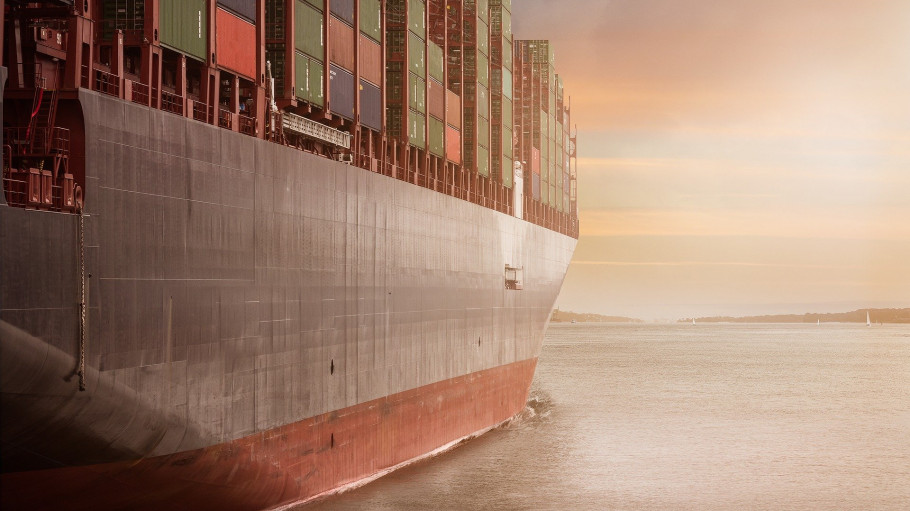

International trade is essential for the European economy, and steel products are among the most intensively traded products in the world. Around a quarter of the 160 million tonnes of steel used in the EU every year is imported - and the EU is also a major steel exporter.
Trade policy issues are of central importance to EUROFER, because free and fair international trade conditions are the basis for the stability of the EU steel market. EUROFER welcomes free trade agreements that open up mutually accessible markets between trade partners and ensures fair access to public procurement tenders.
In particular, EUROFER monitors - on an ongoing basis - trade flows to ensure that imports into the EU are coming on a fair basis and are not dumped, produced using unfair subsidies or circumventing existing trade defence measures.
Brussels, 27 November 2025 - The European ceramic, aluminium, ferro-alloys and steel industries express their deep concern about the potential impact of the EU-India FTA on strategic European industries if a sector-specific approach is not adopted and our sectors’ challenges are not duly considered.
Strasbourg, 07 October 2025 – The new trade measure presented today by the European Commission is a long-awaited proposal to forcefully defend the European steel sector, in full respect of WTO rules, from unfair imports flooding the EU market due to massive global overcapacity. The provisions unveiled by the Commission respond to the needs of the sector and represent a real lifeline for EU steelmakers and steelworkers. The European Parliament and the Council should therefore adopt it as a matter of urgency to enable its entry into force at the beginning of 2026, says the European Steel Association (EUROFER).
Brussels, 01/10/2025
With Europe’s steel industry at breaking point, industriAll Europe and the European Steel Association (EUROFER) held an emergency steel social summit to demand urgent action. Ahead of the announced Commission proposal addressing the impact of global steel excess capacity on the EU steel market, due by mid-October, the European social partners are united in calling for robust and effective trade measures. They also insist on fast and urgent implementation of the EU Steel and Metals Action Plan, especially concerning energy prices and demand. Maintaining the level of political ambition as promised in the EU Steel and Metals Action Plan is essential to restore steel’s competitiveness and save its green transition as well as steelworkers’ jobs across Europe.